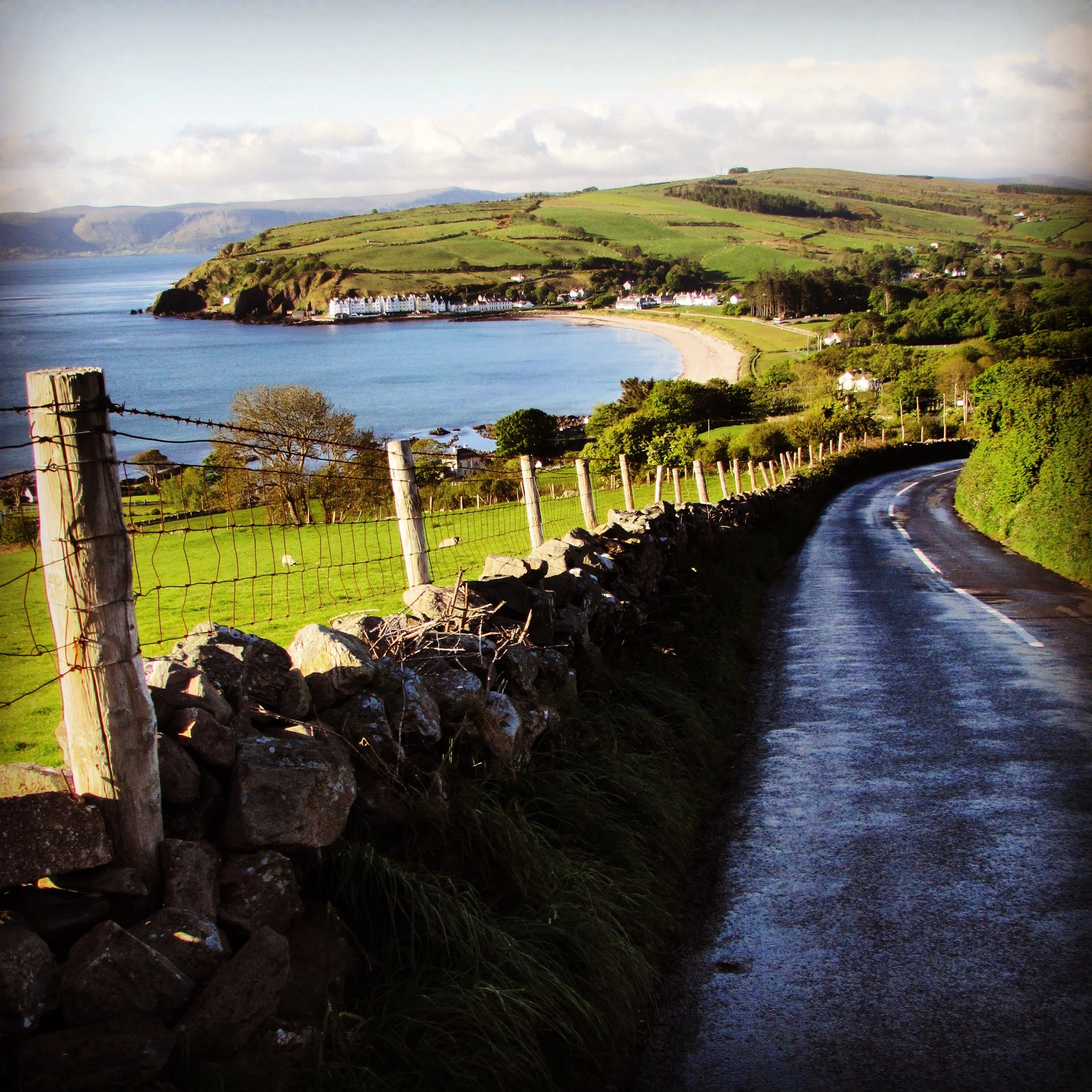Italian Civics Class for Immigrants
/“Italy is a Democratic Republic founded on work”.
So began our civics class this morning. Attending this class is a required part of our responsibility as immigrants. We were supposed to take this class in March 2020, but Covid cancelled it, and it was rescheduled for today.
It was alternately fascinating, baffling, hilarious, and inspiring.
We were hoping for a bit more info on Italian government and politics, holidays, and customs, but we did learn a lot. For example, we now know that “bad smells” in an apartment building can rise to the point of being criminal (literally), and that it is not permitted to slaughter a lamb in your apartment because of the blood spillage.
We also know that there is a €15,490.17 fine imposed under one particular set of circumstances — they were remarkably specific to a ludicrous degree in some parts of the session. That specificity was absurd at some moments, especially considering that there were no printed materials provided. The woman on the video was audible, but the man, who answered the questions posed by the woman, was a mumbly "low-talker", so it was easy to miss what he said. There were a few times when they referred us to websites for more info, but the website was visible on screen just long enough for me to scribble “www.i…” before it was pulled away, and of course the addresses were quite long, with dashes and backslashes and numbers, impossible to memorize so quickly.
But the most important ideas were easy to remember. Italy expects us to contribute and learn and be respectful, as immigrants, but Italy welcomes us and wants us to feel equal. Again and again we were reminded of our rights, our dignity as human beings, and our value to this country. They told us to watch out for scams like “under the table” rental contracts, and reminded us that we had rights. They made sure that we knew that a cultural mediator was available to us, to help us if we felt uncomfortable in doctor’s appointments (this was particularly geared towards women). They told us that health care was free for us, even if we were undocumented, and explained that it is illegal for doctors to report us if our papers are not in order. They assured us that the government believed that the good health of the citizenry was served by everyone having access to health care, and that that was more important than legal status.
They explained our duties and responsibilities as residents, and what consequences there could be for not following the law, or paying our taxes. But again and again, they reminded us that we are welcome, and wanted to be sure we understood our rights, like the right to paid parental leave, paid vacation time, paid sick days, a safe workplace, free health care in most circumstances, and free university education for our children.
We are so very grateful to be here.



